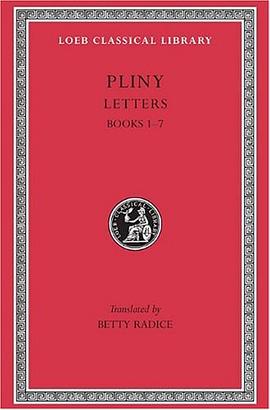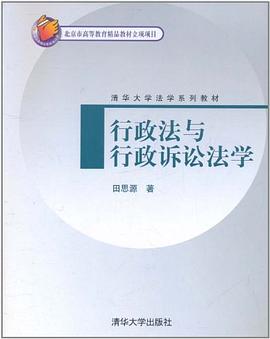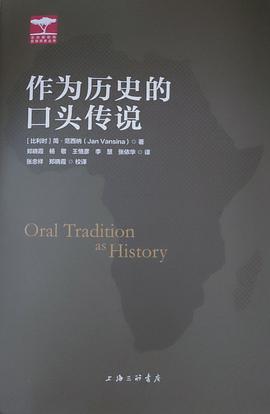

How did Romans address their children, their parents, their slaves, and their patrons? When one Roman called another 'dearest', 'master', 'brother', 'human being', 'executioner', or 'soft little cheese', what did these terms really mean and why? This book brings to bear on such questions a corpus of 15,441 addresses spanning four centuries, drawn from literary prose, poetry, letters, inscriptions, ostraca, and papyri and analysed during recent work in sociolinguistics. The results offer new insights into Roman culture and shed a fresh light on the interpretation of numerous passages in literature. A glossary of the 500 most common addresses and quick-reference tables explaining the rules of usage make this book a valuable resource for Latin teachers and all active users of the language, while the evidence for the investigations behind these conclusions will fascinate scholars and laymen alike. Original, jargon-free, and highly readable, this work will be enjoyed even by those with no prior knowledge of Latin.
具体描述
读后感
评分
评分
评分
评分
用户评价
相关图书
本站所有内容均为互联网搜索引擎提供的公开搜索信息,本站不存储任何数据与内容,任何内容与数据均与本站无关,如有需要请联系相关搜索引擎包括但不限于百度,google,bing,sogou 等
© 2025 book.wenda123.org All Rights Reserved. 图书目录大全 版权所有




















